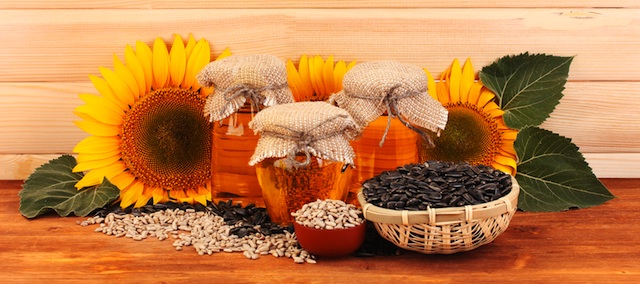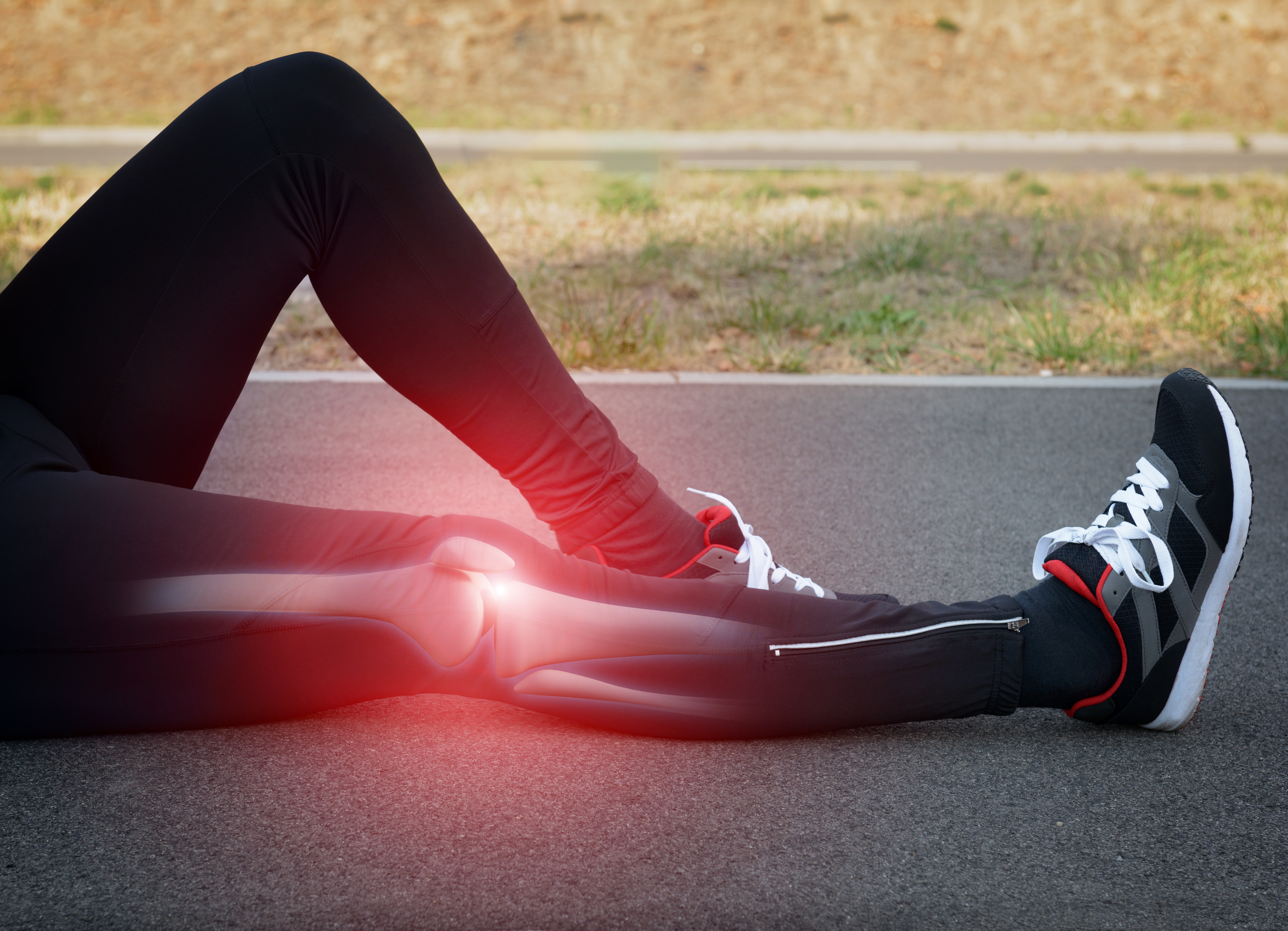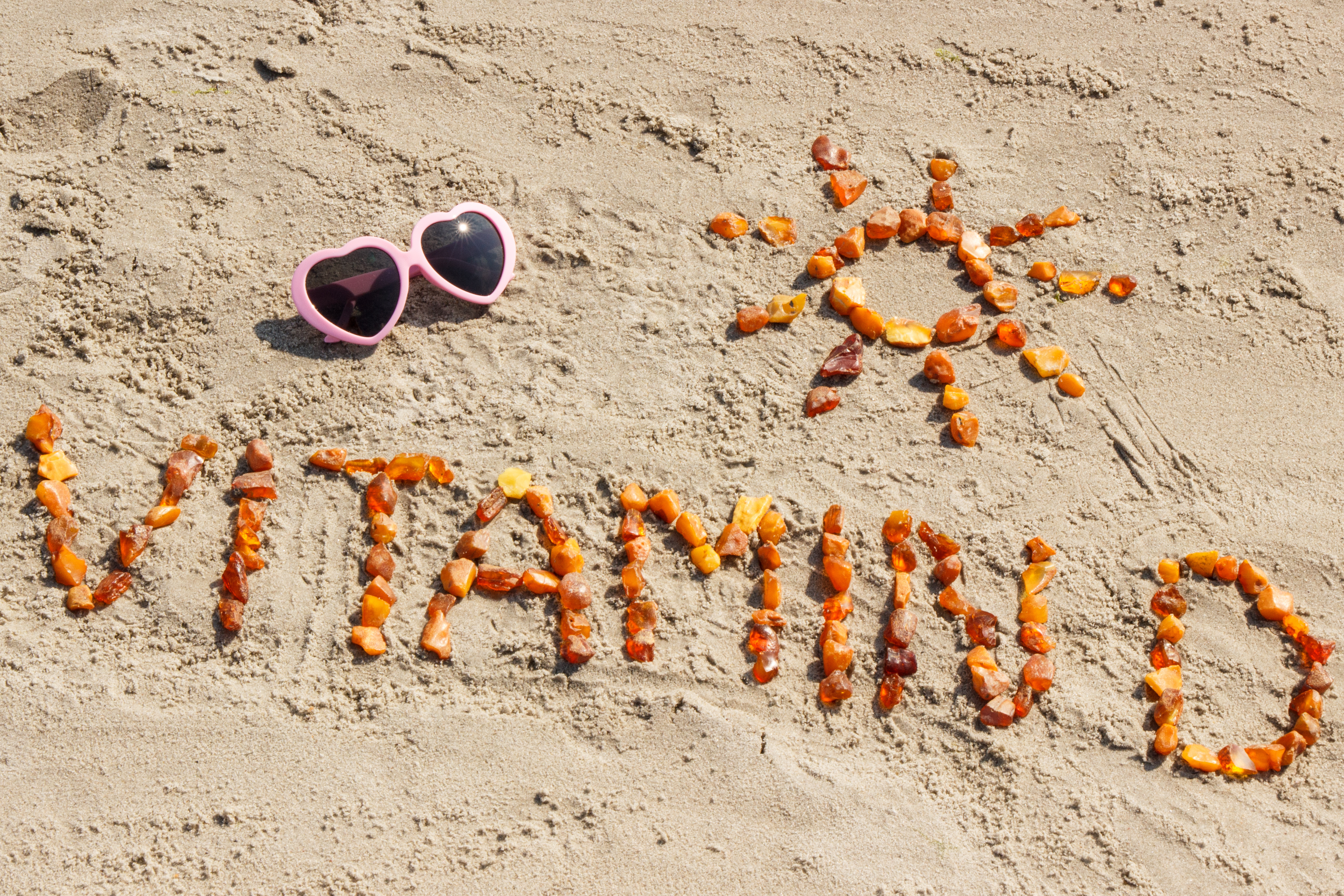Inflammation is the body's way of fighting against things that harm it, such as infections,…

Natural Alternatives to Aspirin
Many people take aspirin to help prevent heart attacks and strokes but even taking baby aspirin can have grave side effects
Aspirin can damage the stomach lining leading to gastro intestinal bleeding, it can increase the risk of kidney and liver damage. It inhibits cartilage repair and in fact can accelerate degeneration of the cartilage leading to hearing loss, tinitus and macular degeneration just for starters. But perhaps the most worrying fact of all is that some scientists have found that aspirin can increase the risk of heart attacks and strokes, the very thing people take aspirin to prevent.
There are alternatives to aspirin though that can be effective in maintaining a healthy cardiovascular system. Here are 8 things to take instead of aspirin.
Vitamin E – Vitamin E is a strong antioxidant, it reduces platelets sticking together thus reducing the risk of blood clotting. The following foods have high quantities os vitamin E – sunflower seeds, almonds, spinach, greens and papaya.
Nattokinase – This enzyme is extracted from natto a japanese food made with fermented soya beans. Nattokinase breaks down fibrin, a protein which assists in clotting of blood. This can help prevent abnormal blood coagulation and help break down existing clots.
Omega 3 – Another anti inflammatory that reduces cholesterol, prevents blood clots, reduces the risk of artery walls thickening, Omega 3 can be found in flax seeds, walnuts, and oily fish (salmon, mackerel and sardines etc.)
Ginko Biloba – Ginko Biloba is a leaf taken from the Ginkgo Biloba tree, it improves circulation and helps prevent the clotting action of the blood. You can buy organic ginkgo biloba supplements.
Bioflavonoids – These plant compounds are strongest in many fruits particularly berries and citrus fruit, vegetables and green tea. Bioflavonoids lower cholesterol and inhibit platelets sticking together.
Vitamin B6 – Vitamin B6 is another vitamin active in the prevention of blood clotting. We get the most vitamin B6 from tuna, chicken, turkey, potatoes, cod and sunflower seeds.
Folate – Folic Acid as it is otherwise known helps to break down homocysteine. Homocysteine is an amino acid in which high levels have been associated with heart disease. Folate is found in Marmite, liver, dried spearmint, sunflower seeds, greens, bean sprouts, peanuts and asparagus.
Curcumin – The main component of turmeric, curcumin is an anti inflammatory and anti oxidant, it can also help reduce the build up of plaque in the arteries curcumin helps thin the blood and can prevent blood clots. Turmeric can be used in the fresh root form or in the dried powdered form.
If you have been prescribed Aspirin then you must discuss with your doctor any changes you wish to make to your medication first. Whilst we recommend where possible all of the following are taken in their natural form sometimes it is necessary to take supplements in which case we suggest organic supplements, particularly in the case of vitamin E which can have harmful side effects if the synthetic form is used.



